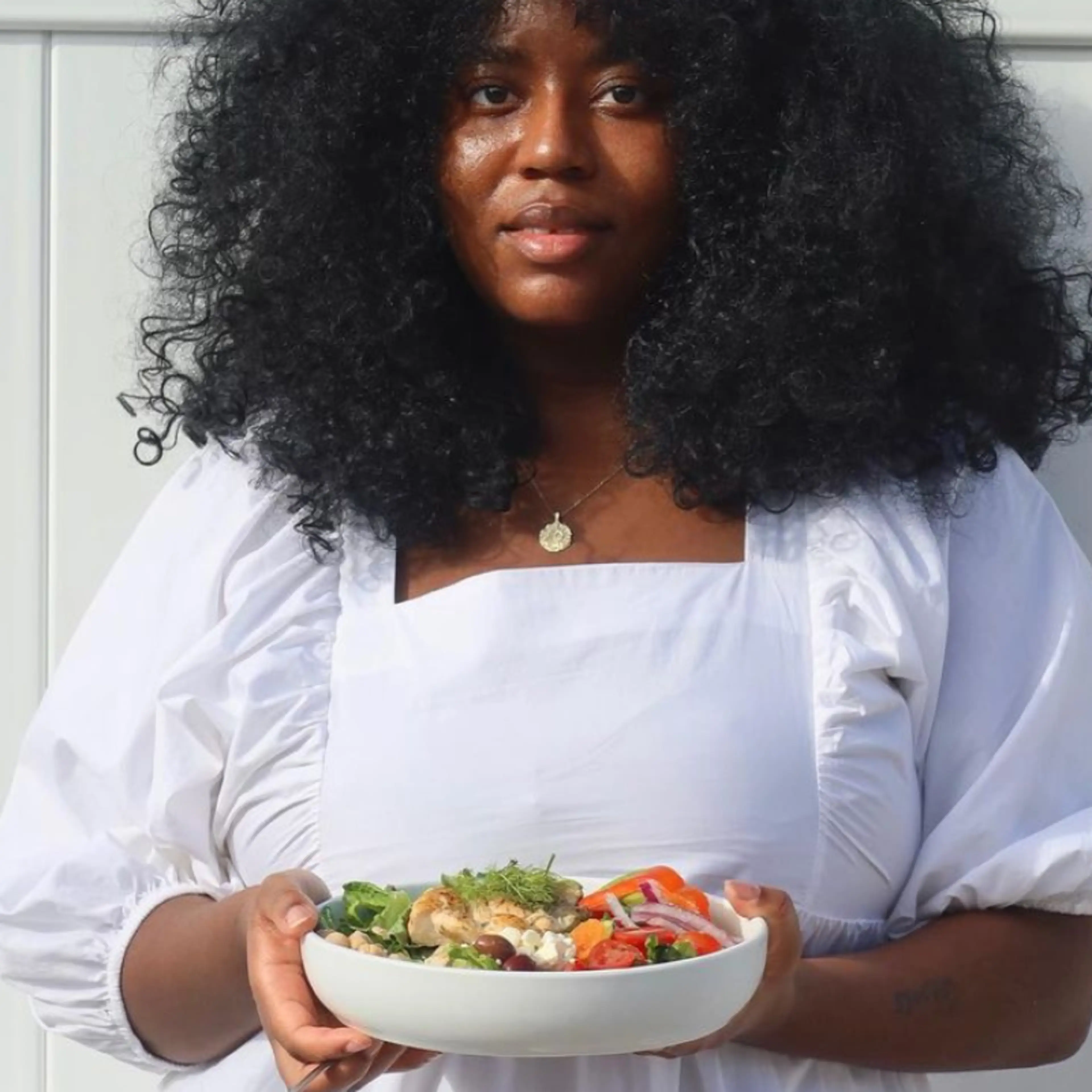TLDR: The postpartum time can be a challenge, especially if you’re afraid to ask for help or don’t know when it’s the right time to call for support. We convened several maternal wellness experts, including lactation and sleep consultants, to debunk a few myths from the postpartum period. The bottom line: don’t be afraid to call for help as soon as the thought crosses your mind.
Truth: The postpartum period is full of new, unexpected experiences and emotions. Bigger truth: many new moms don’t realize there are people out there who specialize in postpartum help and are available in an accessible, affordable, virtual way.
We recently hosted a roundtable with several top wellness experts where they debunked some of the common misconceptions about the postpartum period, especially when it comes to infant feeding and sleeping, as well as nutrition for mothers.
Myth #1: You Should Only See a Lactation Consultant When You’re Having a Problem
Lactation consultant Carrie Dean1 says, “Do. Not. Wait! There are actually several factors that will indicate that a mother should even have a prenatal breastfeeding consultation—inverted nipples, previous breast surgeries, autoimmune or hormonal imbalances, all of which affect feeding and milk supply.”
“In preparation for postpartum, I always say to have a lactation consultant on speed dial, because the breastfeeding relationship is so intricate that if one thing goes even slightly askew, that can snowball very quickly.”
Read more of Carrie’s advice about lactation here.
Myth #2. Lactation Consultants Only Help with Breastfeeding
"Lactation consultant" is a semi-misnomer because they can help with so much more than lactation. They help you navigate all baby feeding issues, whether that’s stopping breastfeeding, supplementing with formula, exclusively pumping, or a blend of all three. Together, you’ll come up with a plan that supports your physical and emotional health as well as your baby’s.
Myth #3: Sleep Help is Just for First-Time Moms
Julie Connelly2 , certified pediatric sleep consultant and founder of The Sleepyhead Coach, shares that she helps toddlers, preschoolers, and even third-time moms!
“Every child is so unique, even though we all have average sleep needs," she says. "I actually didn’t need help with sleep for my first child, but [with] my second child, I did! No matter if you’re a second-time or third-time mom, you don’t need to have all the answers!”
Myth #4: In-Person Support is Better than Virtual Support
Our experts shared a resounding “False!” arguing that virtual care can be even more impactful than in-person care.
Perinatal nutritionist Janine Higbie3 shared, “I’ve seen many unexpected benefits with virtual appointments in my own practice. For one, talking about food and nutrition can be very emotionally charged, so it can feel more comfortable discussing it from the privacy of your own home.
"Secondly, my clients are more committed than ever because of the convenience of virtual—so they are seeing greater success in achieving their goals.”
Dean says, “One of the coolest things I’ve seen out of virtual care is the partner getting more involved. They are much more comfortable with the virtual appointment process and more engaged in the treatment protocol. And new moms, who usually find it overwhelming to host a stranger in their home, find it easier than ever to reach out for support. It’s a win-win.”
Myth #5: Prenatal and Postpartum Nutrition Means Giving Up Certain Foods
“’Prenatal and postpartum nutrition is about focusing on nourishing foods to include instead of just what to exclude or restrict,” says Higbie. “Lean into the specific nutrients in foods that help nourish mom and baby—whether to support baby’s development in the womb or to support lactation and post-birth recovery and healing. Embracing this positive relationship with food is essential to cultivating a more positive relationship with your changing body.”












